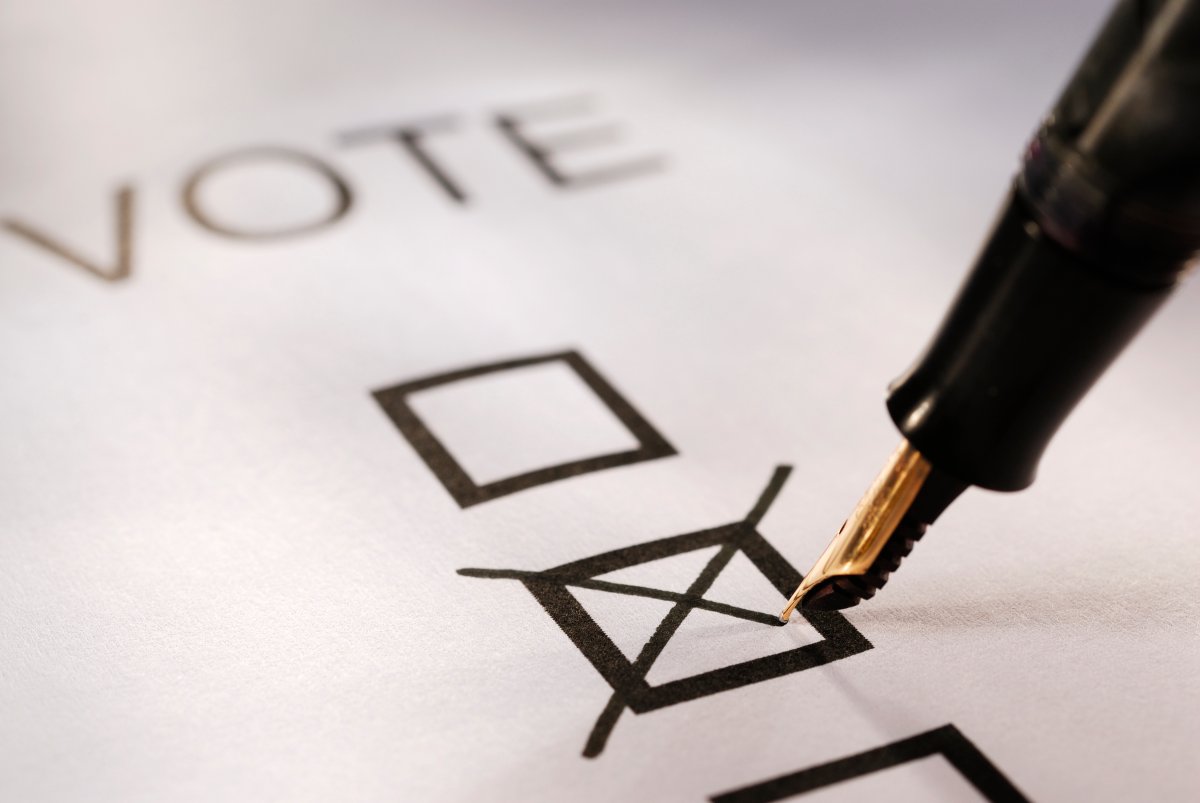It is not often that I am rendered speechless by an interview, but I certainly was after talking to Calgary electoral oversight boss, city clerk Laura Kennedy.

After the catastrophe of last year’s municipal election — when there were insufficient ballots at voting stations, hours-long lineups and people forgoing their right to vote out of frustration — I thought, “Surely they will have these issues sorted out before the Nov. 13 referendum on the 2026 Olympics.”
So, when Ward 11 Coun. Jeromy Farkas began raising concerns that there were insufficient checks to ensure people couldn’t vote multiple times, I thought he might be overstating the problem
When I asked him how it should work in the ideal world, he said there should be a central database and each worker should be armed with an iPad so they can check people off as they vote and see if someone voted in a mail-in ballot or an advance poll. Makes perfect sense to me. But how does it actually work? Farkas said there is no voter’s list and it’s an honour system to make sure people don’t vote multiple times.
I was confused.
What do you mean, there is “no voters’ list”? After all, there was municipal election last year, the province just finished enumerating people for the provincial election on Oct. 1, the federal government updated the Elections Canada database with tax filing earlier this year, the city does its own regular census — why wouldn’t there be a voters’ list?
But by gum, he’s right.
LISTEN: Danielle Smith speaks with Councillor Jeromy Farkas about voting concerns surrounding the Calgary 2026 plebiscite
First off, elections boss Laura Kennedy made sure to tell me (and to follow up with an email after our interview because she didn’t think I got it) that the law says that you can only vote once, that you have to show identification and sign an oath that confirms you are eligible to vote and that you haven’t voted yet, and if you swear a false oath you can be fined $10,000 or go to prison for six months or both. It is also illegal to encourage people to vote more than once.
Fair enough. But I come from the school of, “Trust, but verify.” I wanted to know what Kennedy was going to do to make sure people didn’t vote with a mail-in ballot, then again at an advanced poll, then again on election day.
To say I was shocked by her answers would be an understatement.
- McLean accuses Calgary third-party advertiser of ‘whipping votes’ in favour of rezoning bylaw
- Canadian curler Chelsea Carey says don’t compare me to Jennifer Jones
- Firefighters battle blaze at vacant house in northwest Calgary
- 7 sent to hospital after carbon monoxide poisoning incident in northwest Calgary
She confirmed they don’t have a voters’ list. The city only just got permission to ask if it can use the province’s list, but it would apparently take months to get the data in usable form. Having just done a couple of segments on how AI is being used to sort data, I asked her why she didn’t just contact one of the AI companies and get the list sorted. It would not be a complex matter to write an algorithm to get postal codes sorted into wards and polling stations so it could be used on election day. I suspect it would take one of these companies a matter of hours to do it, not months. Kennedy said she doesn’t want to use untested technology. Wow.
She said that the list of people who requested mail-in ballots would be available at every advanced polling station to make sure a person didn’t vote twice. So, I asked, does that mean that before a person gets a ballot that the elections personnel would check the name against that list? Nope. It will be up to the scrutineer to identify people he or she suspects have requested a mail-in ballot, and flag the person so that ballot can be set aside. How in the world is a scrutineer supposed to know if a random person in a lineup requested a mail-in ballot?
It gets worse.
Kennedy said on general voting day both the mail-in ballot and the advanced voting list will also be at every polling station. Again I asked, does that mean that before a person gets a ballot that the elections personnel would check the name against both of these lists? Nope. It will be up to the scrutineer again. But how are scrutineers supposed to be able to remember everyone they saw at the advanced poll?
Still perplexed, because this is clearly the system the city has used before, I asked whether there is an audit system in place so Calgarians can at least be assured the honour system works. It would be easy to do: after the election, you take the list of mail-in ballots, the advanced poll list and the general voting day list and you cross-reference them against each other and go after any offenders. Kennedy said the city is not allowed to do this. It is only allowed to investigate a grievance if it’s been reported by a member of the public.
Now here’s the kicker: how many times has someone been caught and fined or jailed? Answer: Zero.
Now I’m certain that the hopelessly naïve would look at this as proof that the threat of fines or jail time is sufficient to prevent cheating.
The rest of us are left gobsmacked that the city appears to have no system whatsoever in place to identify, prevent or punish electoral fraud.
In the end, regardless of which way the referendum goes, the city has only itself to blame if no one trusts the results.
Danielle Smith is host of The Danielle Smith Show on Global News Radio 770 Calgary. She can be reached at danielle@770chqr.com.








Comments